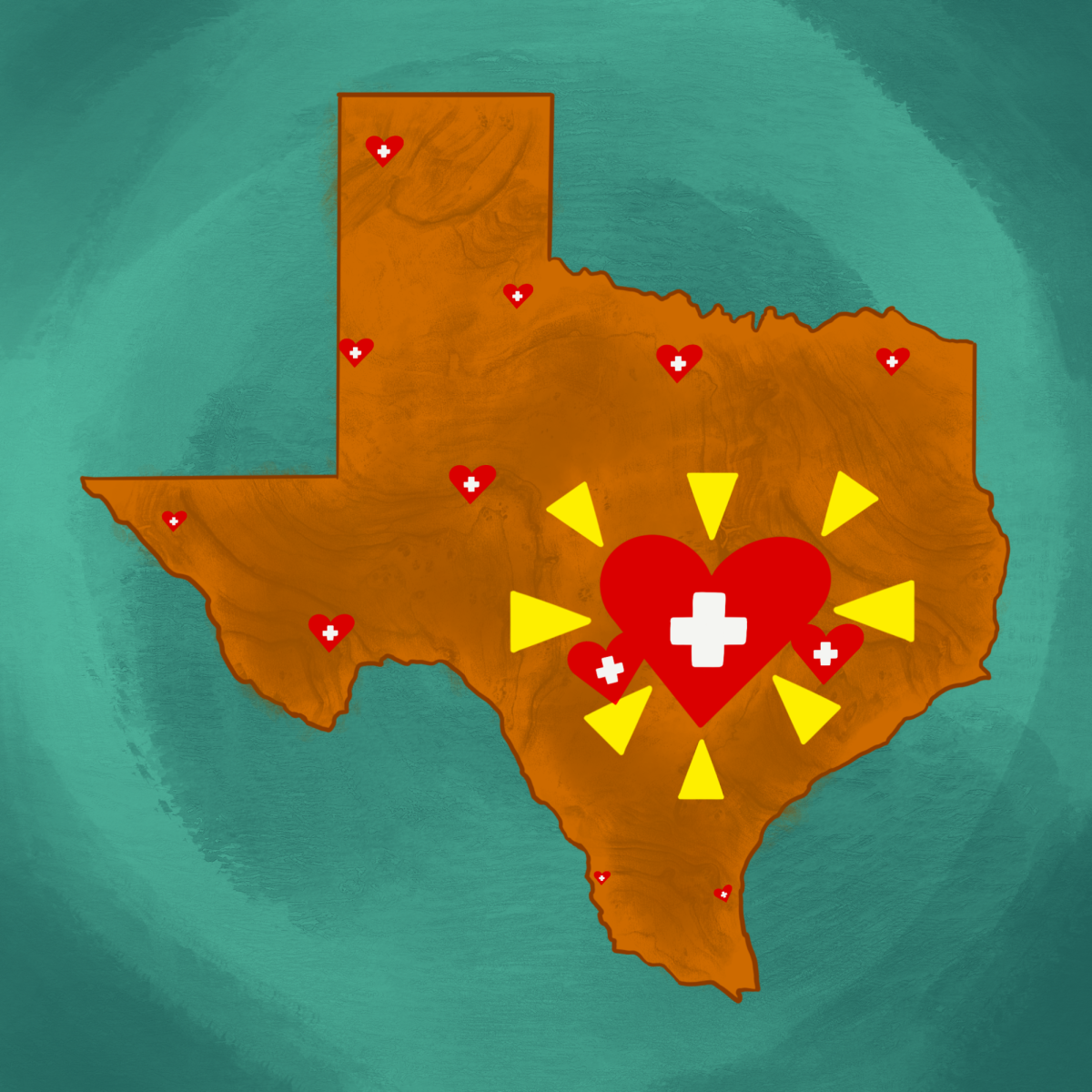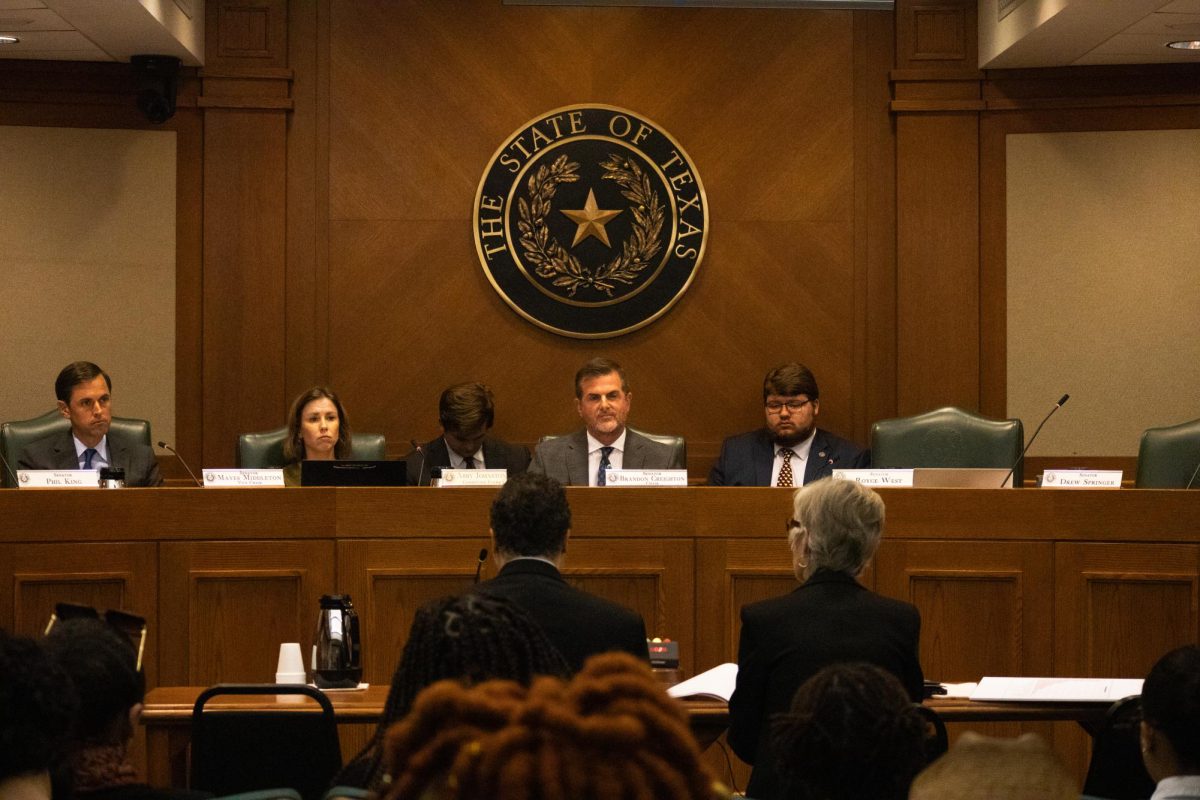The UT System and the state of Texas are in hot water over the deaths of four inmates in state prisons.
The UT Medical Branch Galveston and the Texas Department of Criminal Justice were sued earlier this month over the deaths of four inmates caused by heat-related illnesses. Officials claim UT is liable because health professionals failed to inform the state that the prisoners suffered from medical conditions that made it unsafe for them to live in heated temperatures. The UT System provides health care for roughly 125,000, or nearly 80 percent, of the state’s inmates.
According to the lawsuits, inmates Kenneth Wayne James, Douglas Hudson, Rodney Adams and Robert Webb had medical conditions or were on prescribed medication that made them extremely prone to heat-related illnesses
Austin-area lawyer Jeff Edwards and Scott Medlock, a lawyer with the Texas Civil Rights Project, are also slamming the state for the facilities the inmates were held in. The attorneys claim the lack of air conditioning in the state prisons where the inmates were held violated their constitional right to freedom from cruelty and unusual punishment.
Jason Clark, a spokesman for TDCJ, said the department does not comment on pending litigation, but it works to ensure the safety of inmates and correctional officers during the summer months.
Medlock and Scott claim that temperatures can exceed 100 degrees in state prisons, even at night. State officials say many Texas prisons were built in the 80s and 90s, before air conditioning units were commonly installed.
“It’s one thing for people to be extremely uncomfortable,” Medlock said. “But when people are dying, that’s a different story. This is like if they were to build a prison in Alaska and not put any heat in the middle of winter. These conditions are deadly.”
Texas’ 154,000 prisoners are housed in 111 facilities, which are located in remote rural areas, UT officials said. UT’s Correctional Managed Care Unit is responsbile for providing a range of health care services, from dental service to hospice care for the inmates, officials said.
Clark said the department takes precautions to help reduce heat-related illnesses, such as training staff to identify and treat inmates and restricting activity during the hottest parts of the day. Clark said correctional officers and much of the unit staff work in the same conditions as the offenders.
Medlock said this is not enough. He said it is unlikely that a guilty verdict would impede UT medical’s role as healthcare provider to the large majority of Texas inmates.
“I think we have leaders who pride themselves on being tough on crime and that leads to making bad decisions about the conditions that we house people in,” Medlock said. “If you’re going to lock people up like that, you have to make sure they’re going to come out the other side safely.”

















